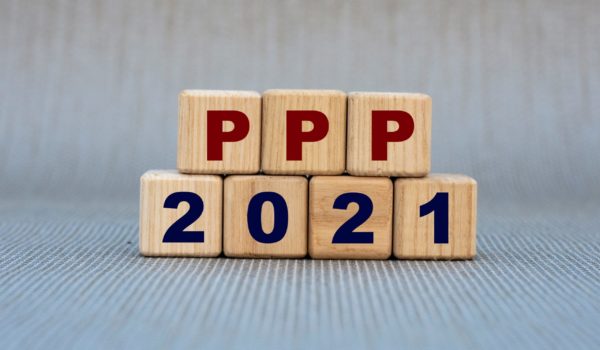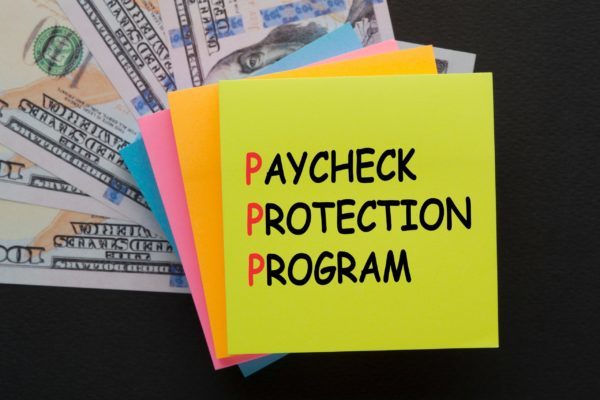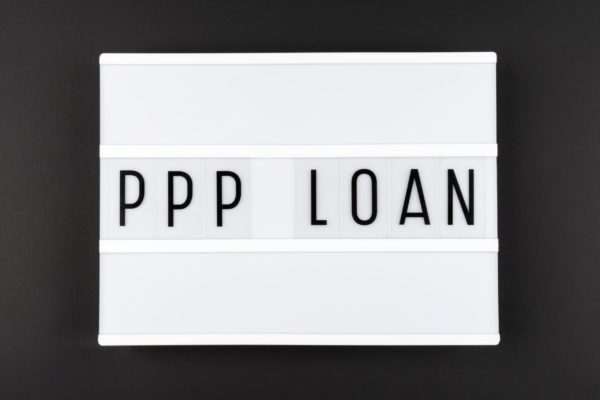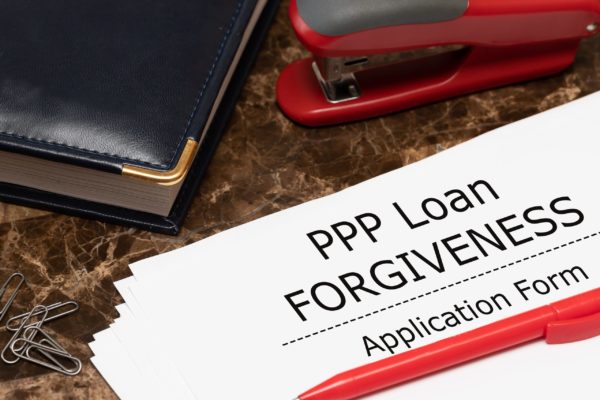
PPP Loan Program Gets Extension
Congress approved the PPP Extension Act of 2021, which extends the Payroll Protection Program (PPP). It was scheduled to expire on March 31, but the application deadline is now May 31.

Congress approved the PPP Extension Act of 2021, which extends the Payroll Protection Program (PPP). It was scheduled to expire on March 31, but the application deadline is now May 31.

Many Arizona businesses received SBA Paycheck Protection Program (PPP) loans. Our SBA Paycheck Protection Program (PPP) task force helps businesses and nonprofits navigate the forgiveness process. They are familiar with the PPP Loan Forgiveness Application, which is complex and complicated, and can answer your questions.

The new round of Paycheck Protection Program (PPP2) loans is available to both new and second-time borrowers. Who gets the money and what are the rules?

On January 6, 2021, the IRS and Treasury Department issued guidance allowing deductions for the payments of eligible expenses when such payments would result, or be expected to result, in the forgiveness of a covered loan under the Paycheck Protection Program (PPP).

The SBA issued a new form making it easier for smaller borrowers to qualify for loan forgiveness and clarified due dates. Is your company eligible for the simplified paperwork?

As more banks start accepting forgiveness applications, PPP borrowers need to know what to do to obtain maximum forgiveness, including required documentation for forgiveness application forms.

President Trump extended acceptance of Paycheck Protection Program (PPP) loan applications until August 8, 2020, a five-week extension.

The SBA and Treasury agreed with U.S. Senate Small Business Committee bipartisan leadership to make public additional data regarding the Paycheck Protection Program (PPP).

With the enactment of the Paycheck Protection Program Flexibility Act, more than $129 billion in PPP funds are still available.

Join Stephen J. Rodis, CPA and Mark R. Dreher, CPA in an ASCPA live online webcast on June 20, 2020, about current PPP tax issues and status of forgiveness portion of the PPP loan program, including financial reporting options.

The PPP Flexibility Act offers partial loan forgiveness when a borrower uses less than 60% of the loan for payroll costs during the forgiveness covered period.

President Trump signed the Paycheck Protection Program Flexibility Act of 2020 modifying certain provisions related to PPP loan forgiveness. One important modification allows recipients of loan forgiveness to defer payroll taxes.